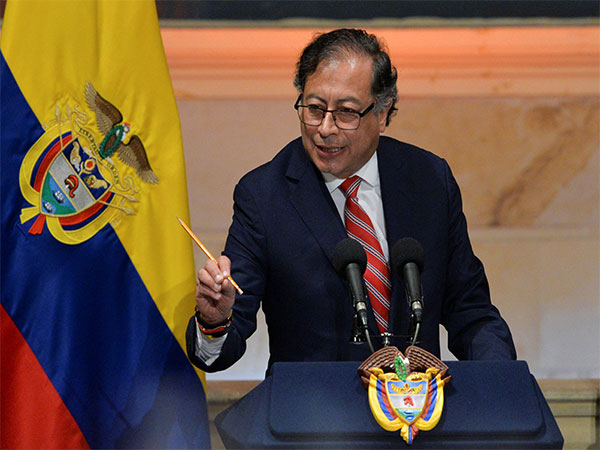Petro Ignites Labour Reform Debate with Voter Referendum
Colombian President Gustavo Petro circumvented legislative resistance by signing a decree for a voter referendum on labour laws, sparking controversy amid a politically volatile climate. The move follows the shooting of an opposition senator and unresolved tensions between Petro and Congress, which twice rejected his labour reform proposal this year.

- Country:
- Colombia
In a bold political maneuver, Colombian President Gustavo Petro bypassed legislative blockers to sign a decree mandating a voter referendum on reforming the country's labour laws. This surprising decision comes amid escalating tensions following a violent attack on an opposition figure.
The decree has Petro clashing with Congress after they twice rejected his labour reform efforts. The referendum, set to tackle issues such as working hours and holiday pay, represents a pivotal step in Petro's political agenda as he contends with a deeply divided legislative environment.
Meanwhile, the shooting of opposition senator Miguel Uribe Turbay has added a layer of urgency to the unfolding drama, with Petro's Labor Ministry now moving to submit the decree for Constitutional Court review, while authorities investigate the motives behind the assassination attempt.
(With inputs from agencies.)
ALSO READ
Colombian Senator Miguel Uribe's Fight for Life: A Political Attack Shakes the Nation
Political Violence Strikes Colombia as Senator Miguel Uribe Shot
Assassination Attempt on Colombian Candidate Miguel Uribe Stirs Political Tensions
Colombian Senator Miguel Uribe in Critical Condition After Shooting
Tragedy Strikes: Colombian Senator Miguel Uribe's Critical State after Bogota Shooting










